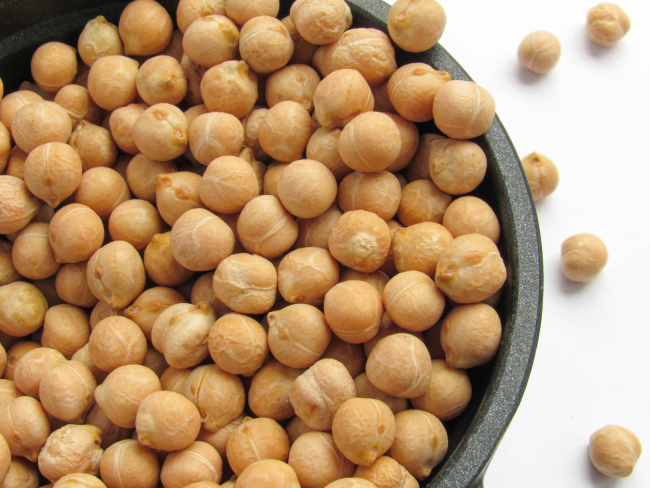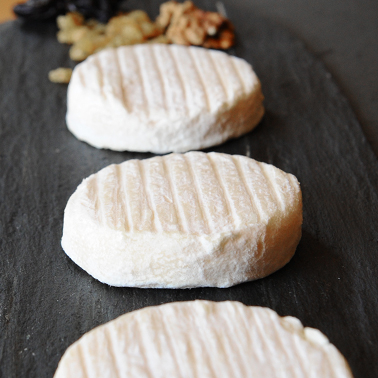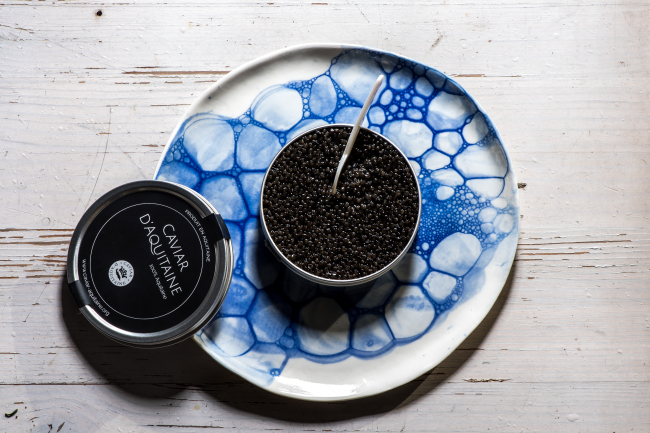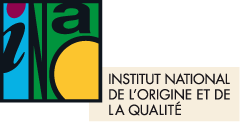A crop rooted in its production basin
While it has been around since the 19th century, Baronnies Apricot cultivation took root economically, and sustainably, in the 1950s. The Baronnies Apricot is highly prized fresh, but also in the form of nectars, jams and compotes, so it can be enjoyed all year round!
An exceptional territory for a unique taste
The "Baronnies Apricot" is mainly grown in the southern Drôme, in the foothills of the Alps, a mid-mountain area located in the Parc naturel régional des Baronnies Provençales. The natural conditions here are ideal for producing fruit with an intense flavor. Indeed, climatic conditions (high daily thermal amplitudes and strong sunshine), combined with low-fertility soils and precise orchard management, give apricots special characteristics: their sugar content (12% minimum), their marked coloring and their 'blush' (red overprint on one side).
.Production that respects the environment and biodiversity
Today, family-run farms and marketers perpetuate a fruit-growing tradition and artisanal know-how: selection of the most suitable varieties, cultivation in orchards of limited density, harvesting at optimum ripeness, precise sorting and limited preservation, resulting in renowned apricots. The specifications also stipulate the presence of bird or pollinator insect nesting boxes, mandatory winter ground cover, a ban on total chemical weeding and the fractioning and limiting of mineral fertilizer inputs, on farms where more than 10% of the farmland is occupied by agro-ecological infrastructures.
.Key figures (2023)
83 opérateurs
sont membres de l’ODG : le Syndicat de Valorisation de l’Abricot des Baronnies : 50 producteurs d’abricots, 3 opérateurs expéditeurs, c'est-à-dire effectuant uniquement du tri, calibrage et du conditionnement, 30 producteurs-expéditeurs
8 000 tonnes
Potentiel de production
2 200 ha de vergers
Potentiel de la zone
About the Protected Geographical Indication (PGI)
PGI is linked toa know-how. It identifies an agricultural product, raw or processed, whose quality, reputation or other characteristics are linked to its geographical origin. At least one stage in the production, processing or elaboration of this product must take place in the delimited geographical area. The PGI guarantees the product protection at both national and European level. Compliance with PGI specifications is regularly monitored by independent bodies accredited and supervised by the State.
Press release
CP : La dénomination « Abricot des Baronnies » enregistrée en IGP
Communiqué de presse de l'INAO
The latest reconnaissance...
Superior quality chickpeas have just been recognized as Label Rouge following the publication of their approval order by...
News

News
The name "Pérail" is officially recognized as a Protected Geographical Indication (PGI), by publication, on May 26, 2025...
News

News
The name "Caviar d'Aquitaine" is officially recognized as a Protected Geographical Indication (PGI), with the...
News

News
